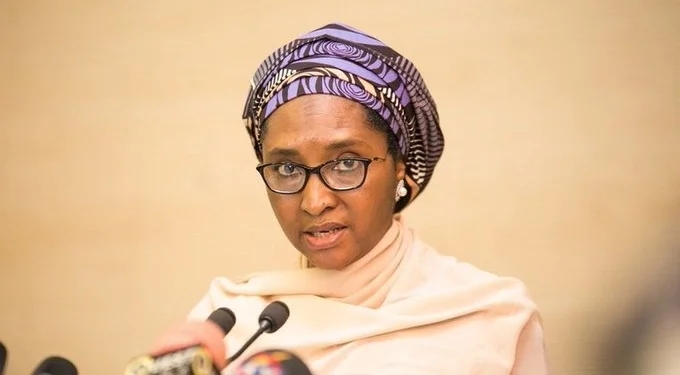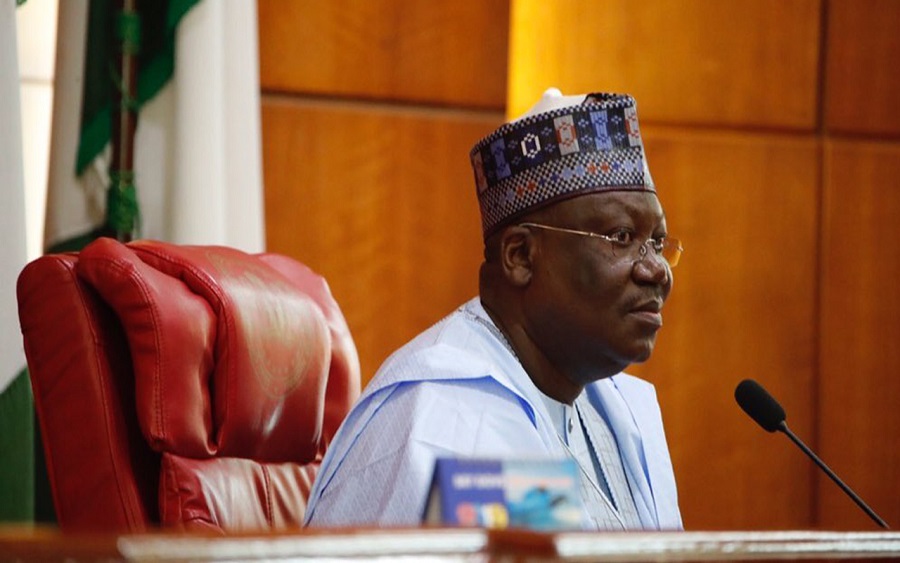The Nigerian Government said that the N11.34 trillion deficit in the 2023 budget would be financed through domestic and foreign sources, including multi-lateral-bilateral loan drawdowns.
This was disclosed by the Finance Minister, Zainab Ahmed on Wednesday, during the presentation of the N21.8 trillion 2023 budget.
Debt service: Ahmed said at N6.31 trillion, debt service is 29% of government expenditure. She said:
- “This is 71% higher than the estimate for 2022, including interest repayment of N1.2 trillion for CBN overdraft called ways and means loans.
- “You will see that statutory transfer is N967 billion, and debt service N6.3 trillion, higher than N3.685 trillion projected in 2022 budgeted”
Deficit: The Minister revealed that the budget deficit is to be financed mainly by borrowings, she said:
- “The overall budget deficit is N11.34 trillion for 2023 and it would be financed through:
- “Domestic sources: 7.04 trillion
- “Foreign sources: N1.76 trillion
- “Multi-lateral-bilateral loan drawdowns N1.77 bn and Privatisation proceeds N208.18 bn”.
Defence and Education: Zainab Ahmed also stated the Defence and Security sectors have been allocated N2.98 trillion or 13.4% of the 2023 budget and education allocated N1.79 trillion, which represents 8.2% of the budget.
The Minister noted the amount includes the recurrent and capital expenditures, which are provisioned for the military, police, intelligence, and paramilitary.
The second largest Allocation went to the Education Sector with N1.79 trillion, which represents 8.2% of the federal government budget and includes:
- N972.93 billion for the Federal Ministry of Education and its agencies, including recurrent and capital expenditure, and N103.29 billion for the Universal Basic Education Commission (UBEC).
- N248.27 billion for transfers to the Tertiary Education Trust Fund (TETFUND) for infrastructure projects in tertiary institutions.
- N470 billion was provisioned for Tertiary Education Revitalisation and Salary Enhancement.
What you should know
Nigeria spent a sum of N1.17 trillion on local and foreign debt servicing in the third quarter of 2022, representing a 27.9% increase compared to N912.7 billion during the previous quarter (Q2 2022).
- This is according to Nigeria’s debt service report for Q3 2022 released by the Debt Management Office (DMO).
- A breakdown of the report showed that N820.59 billion was spent on servicing domestic debts, while N346.43 billion (or $801.24 million) was incurred on foreign debt service costs.
Meanwhile, Nigeria’s total debt stock fell to $101.91 billion as of the end of September 2022 from $103.31 billion recorded as of June 2022.



















